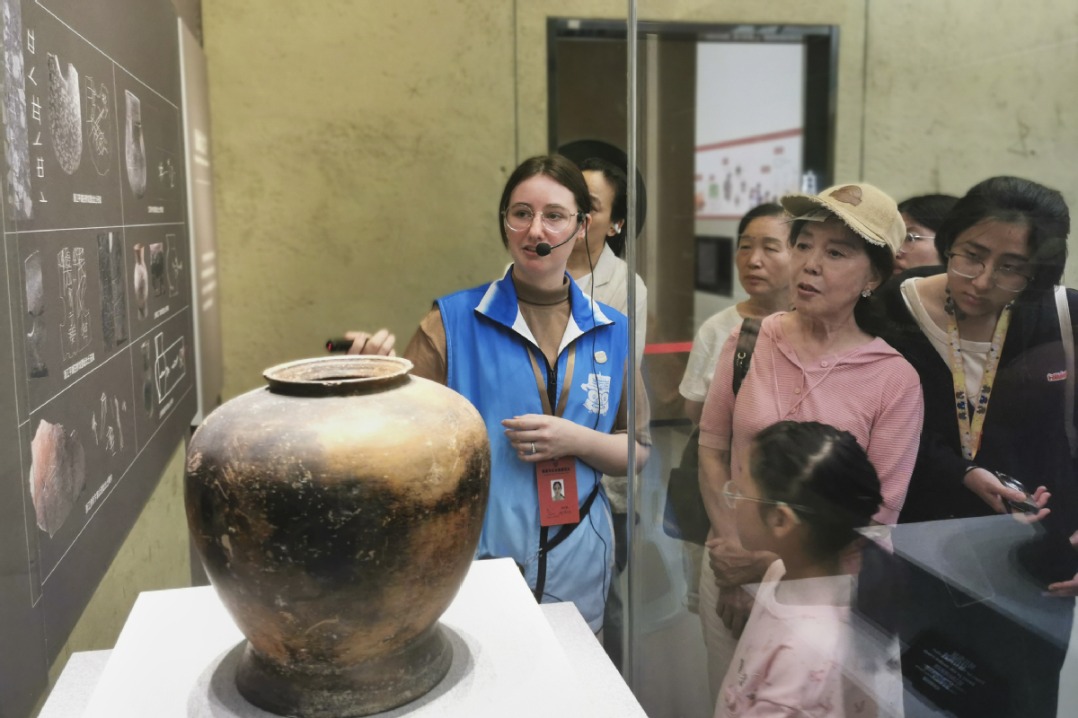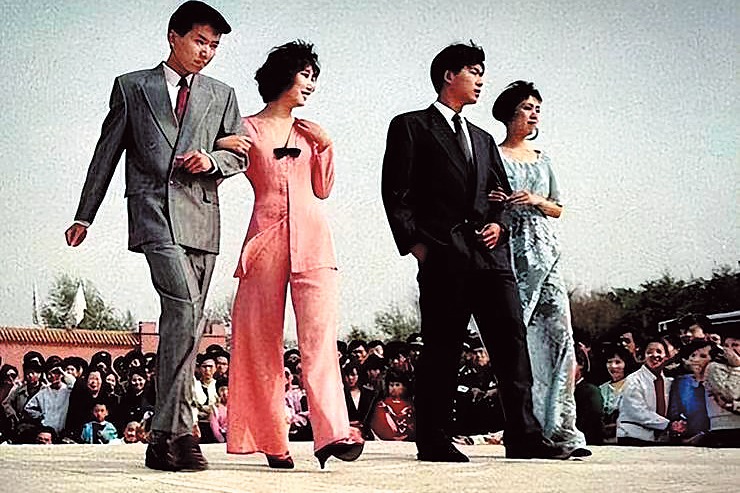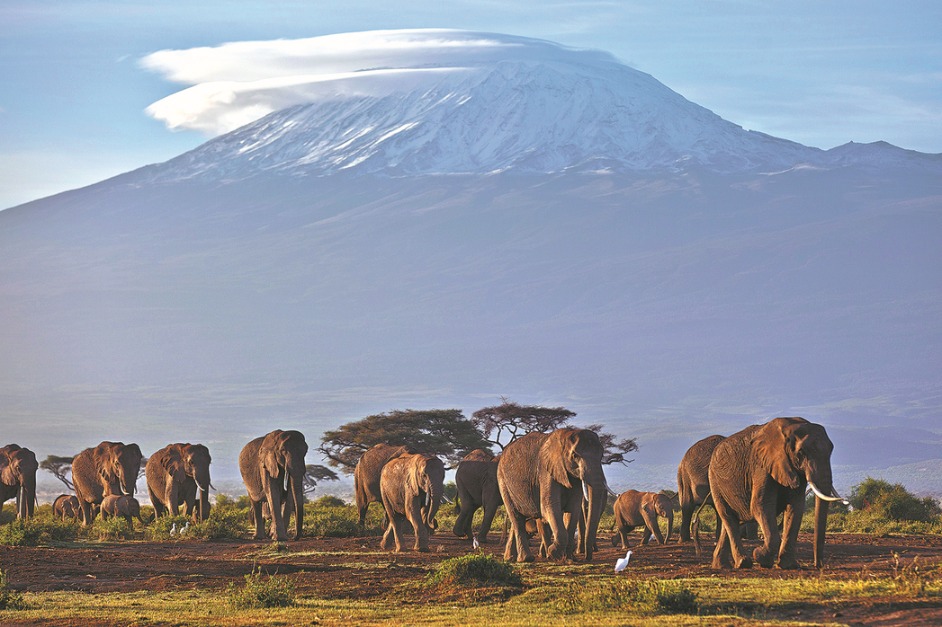Libya's water crisis threatens health of millions
By Edith Mutethya in Nairobi, Kenya | chinadaily.com.cn | Updated: 2021-08-20 13:49

The lives of millions of people in war-torn Libya are threatened by the ongoing water crisis that has been termed by many experts and leaders as a casualty of the country's civil war.
The water crisis has been attributed to heatwaves across the country amid acute power cuts, continuous damage to the water system and the drying up of the Wadi Kaam Dam.
According to the United Nations Office for the Coordination of Humanitarian Affairs, repeated attacks on the Man-Made River, which provides 60 percent of all freshwater used in Libya, threatens the water security of the entire country.
Popularly referred to as the Great Man-Made River, this network of pipes supplies fresh water from the Nubian Sandstone Aquiver System, one of the largest aquifers in the world, to areas across Libya.
Early this year, the United Nations Children's Fund reported that about 190 wells had been rendered out of service due to the repeated attacks on the man-made river systems.
The attacks have been common since the 2011 revolution that overthrew Muammar Gaddafi, who had ruled the country for four decades.
The situation has been worsened by frequent power cuts and lack of fuel needed for operations.
Vandalism on the wells have resulted in losses of millions of cubic meters of water per day in addition to frustrating the initial goal of the project.
In July, Salah Al-Saadi, the spokesperson of the Man-Made River, said continued attacks on the project's assets might halt operations and flow of consumption water, a situation that could be disastrous to the country's water security.
Also adding up to the water concerns is the drying up of Wadi Kaam Dam. Once holding about 33 million cubic meters of water, the dam has entirely dried up due to lack of rain resulting from climate change.
The development had negatively affected farms and projects directly dependent on it for irrigation.
"We are extremely worried about extreme weather and climate change in Libya at a scale that people and the humanitarian and development communities cannot help manage," Justin Brady, the head of the UN humanitarian office in Libya, said in a statement on Thursday.
Located in dry and semiarid region, Libya has no perennial rivers or real freshwater lakes and receives less than 100 millimeters of rainfall per year.
"Conflict and the current health situation have overshadowed the climate impacts to which Libya is very vulnerable," Brady said.
"Disrupted water supplies and drying reservoirs are just a few visible depictions of that. If we do not take action now, we are putting millions of lives at immediate risk of losing access to safe water."
He said lack of access to clean water would have a catastrophic effect on people's health, hygiene, livelihoods and agriculture, and could lead to the spread of communicable diseases.
The United Nations Office for the Coordination of Humanitarian Affairs hopes that Libya would benefit from a climate change campaign launched on Thursday.
Dubbed #TheHumanRace, the campaign is a global challenge for climate action in solidarity with people in the world's most disaster-prone countries and those hardest hit by climate change.
It will be hosted on the Strava, an exercise application, with an aim of challenging users across the globe to run, ride, swim, walk or do any activity of their choice for 100 minutes between Aug 16 and 31 in solidarity with the world's most vulnerable people.
"Anyone unable to take part physically can also sign up to support our call to action via the campaign microsite," the UN agency said.
The campaign calls on the public to remind developed countries at the UN climate summit in November to fulfil their 12-year-old pledge to provide $100 billion per year for developing countries to respond to climate change and support climate adaptation.
























